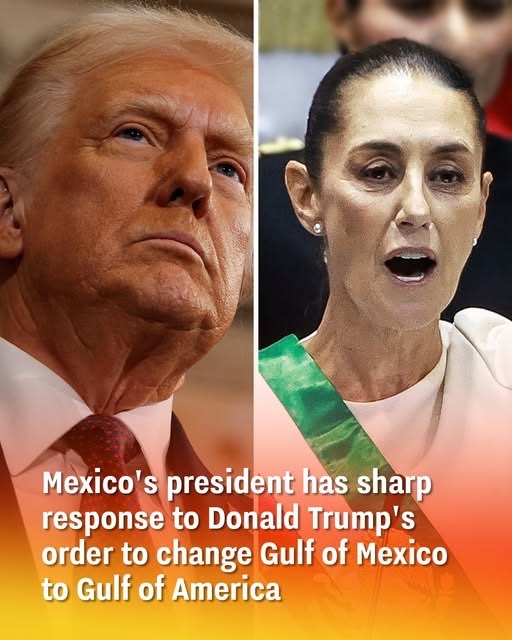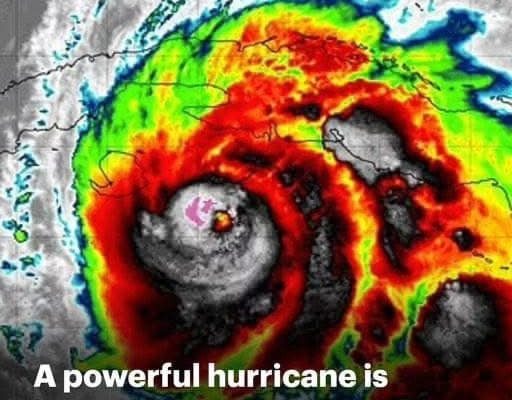As I waited for my order, I noticed a woman and a little girl entering the restaurant. The girl couldn’t have been more than six or seven, her hair tied back into two messy braids. She clutched her mother’s hand tightly, her eyes lighting up as she scanned the bright, colorful menu.
The little girl whispered, almost too softly to hear, “Can we eat here, please?”
The mother hesitated. She looked around nervously, her worn clothes and tired eyes betraying the weight she carried. After a moment, she nodded, pulling out a small, crumpled wad of cash from her pocket. She approached the counter and ordered one hamburger. Just one.
They sat at the table next to mine. The girl’s excitement was palpable as her mother unwrapped the hamburger and split it in half, handing the larger piece to her daughter. The mom then reached into her bag and pulled out a small thermos, pouring what looked like tea into a plastic cup she had brought from home.

Mexico’s President Reacts to Trump’s Controversial Suggestion to Rename the Gulf of Mexico
Opponents warn the change could strain international relations, as the Gulf’s name reflects shared regional heritage. Proponents counter that the new name would reinforce America’s identity.
This proposal underscores broader tensions over national identity and the handling of shared landmarks, raising questions about balancing pride and diplomacy.
Former President Trump Proposes Renaming Gulf of Mexico to “Gulf of America,” Sparking International Controversy In a move that has ignited significant debate and drawn international attention,
former U.S. President Donald Trump has proposed renaming the Gulf of Mexico as the “Gulf of America.” This suggestion, unveiled as part of an executive order aimed at restoring “names that honor American greatness,” has sparked sharp criticism as well as enthusiastic support, raising complex questions about national identity, international diplomacy, and the historical significance of shared geographical landmarks








